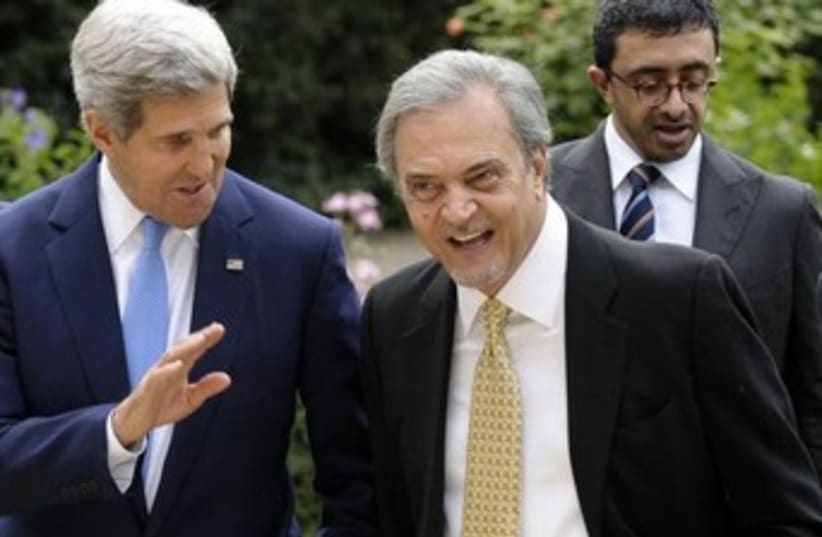Washington Watch: Petulant potentates peeved at president
The Saudis are best positioned to help both sides and the cause of peace, but so far they seem more interested in sitting on the sidelines complaining about everyone else. It’s time to swap their petulance for participation.
